Sustainable solutions for an ongoing Crisis
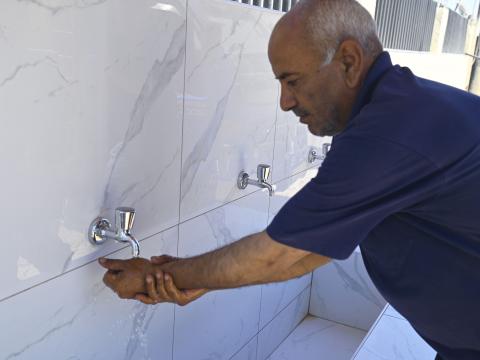
In light of the deteriorating situation in Lebanon, Lebanese families as well as Syrian refugee families fail to meet their most essential need, access to water. World Vision has worked in the different areas of Mesa, Faour, and Bar Elias in Bekaa to give sustainable solutions to the water shortage based on the capabilities and resources of each area.
In Mesa, solar panels with its electrical equipment were supplied, to compensate for the lack of electricity supply to power an existing pump, and the treatment providing safe drinking water for everyone’s use. The municipality of Masa committed to the installation of communal water points in the proximity of informal settlements. Other projects initiated collaborative work with farmers, using their wells in different areas to help transport the water in sustainable ways to their agricultural land and for the use of the nearby refugee population.
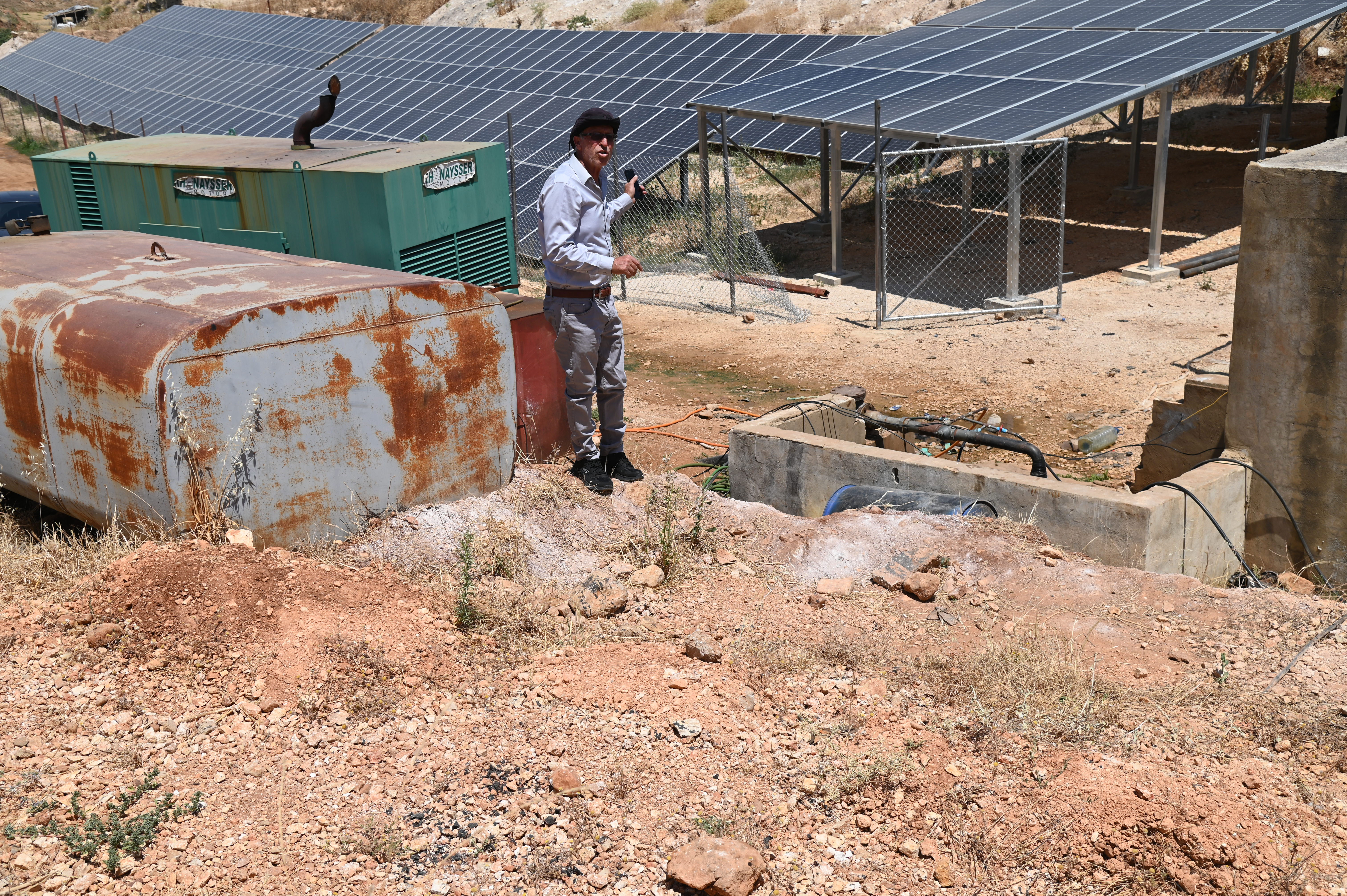
One of the project’s main priorities relies on making water accessible to everyone whether Lebanese citizens or Syrian refugees as well as giving sustainable resources for the ongoing crisis happening to both populations in which it gives them their basic right of having clean water.
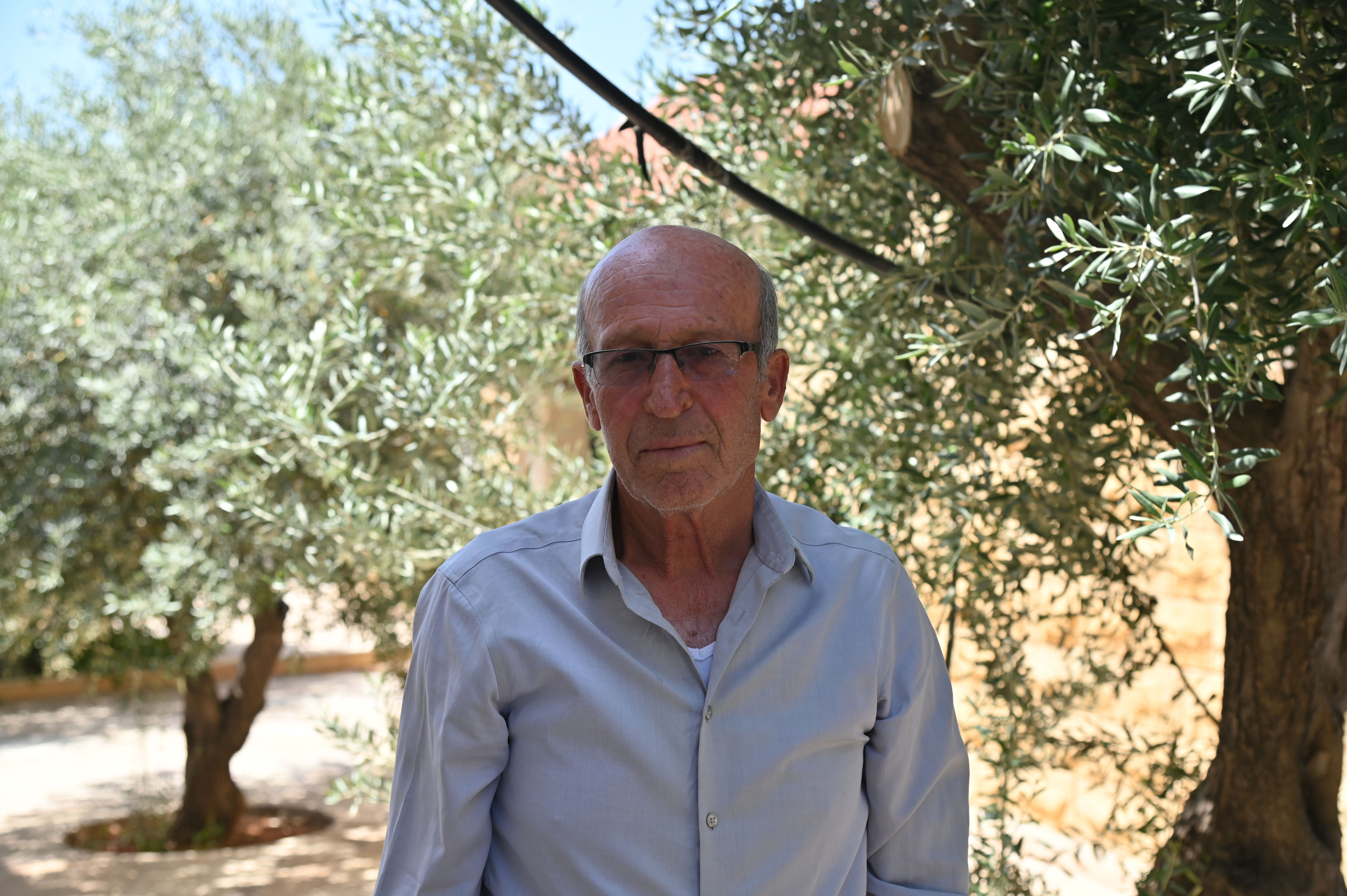
Ahmad Nasser El Moussawi, the Mayor of Mesa with a population of 9,000 residing people including Lebanese and Syrian Refugees highlights “We are in dire need of projects like this in this hard situation and World Vision has supplied the solar panels that are able to help everyone. In the summer heat, the water is available once every two days but would be available every day in the winter.”
He also states “I was eager to help the organisation with all legal procedures and I want to thank them for this successful project enabling us to give the people their basic rights.”
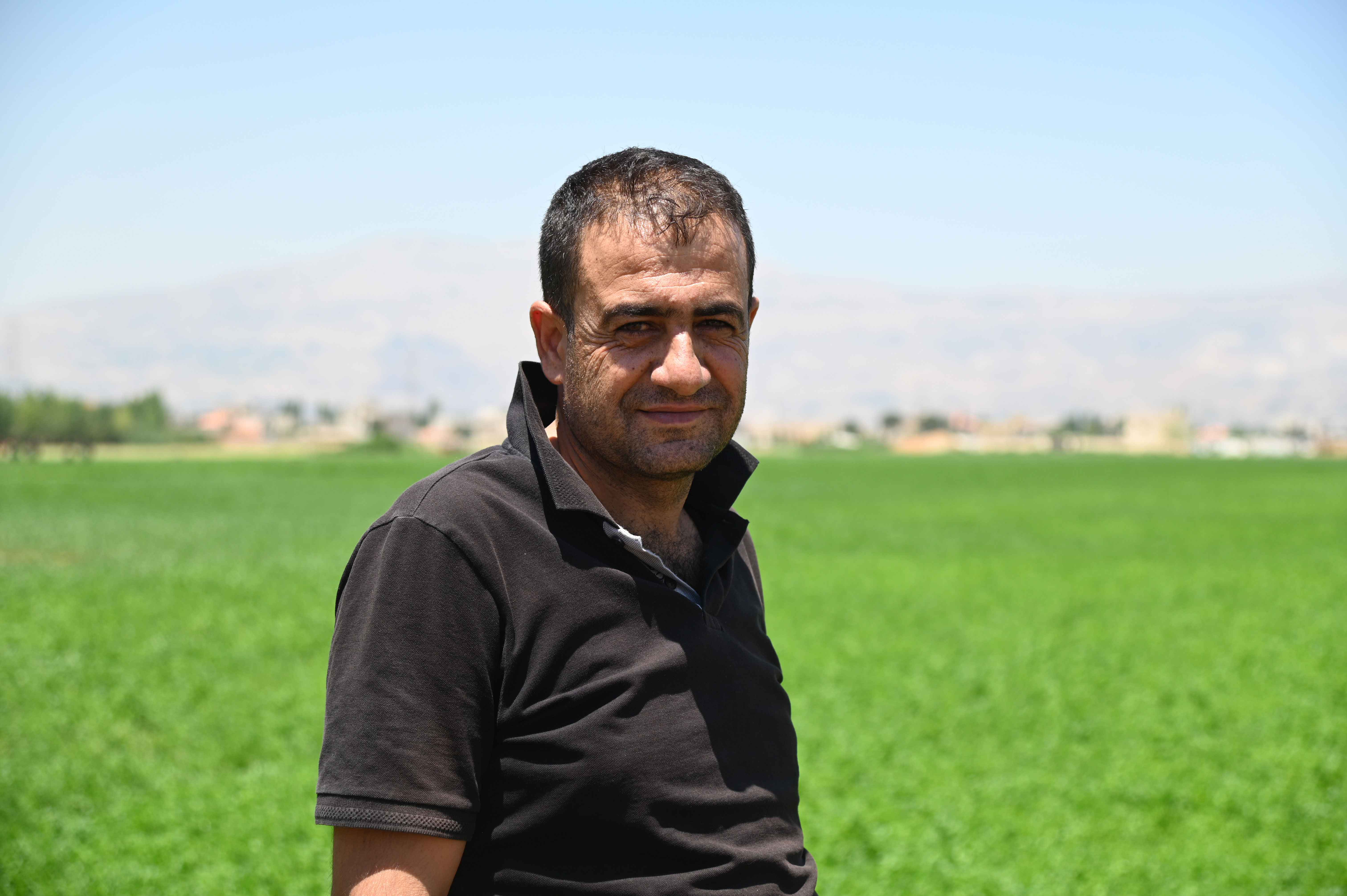
“The initiative is in Faour but my agricultural lands are in Bar Elias. I plant all types of vegetables, I feed my family and the rest I sell to different Lebanese areas. I am able to pump water to 200 acres every day now, before the initiative I had to use a private generator and that cost me a lot.” says Mohammad, a Lebanese farmer from Faour.
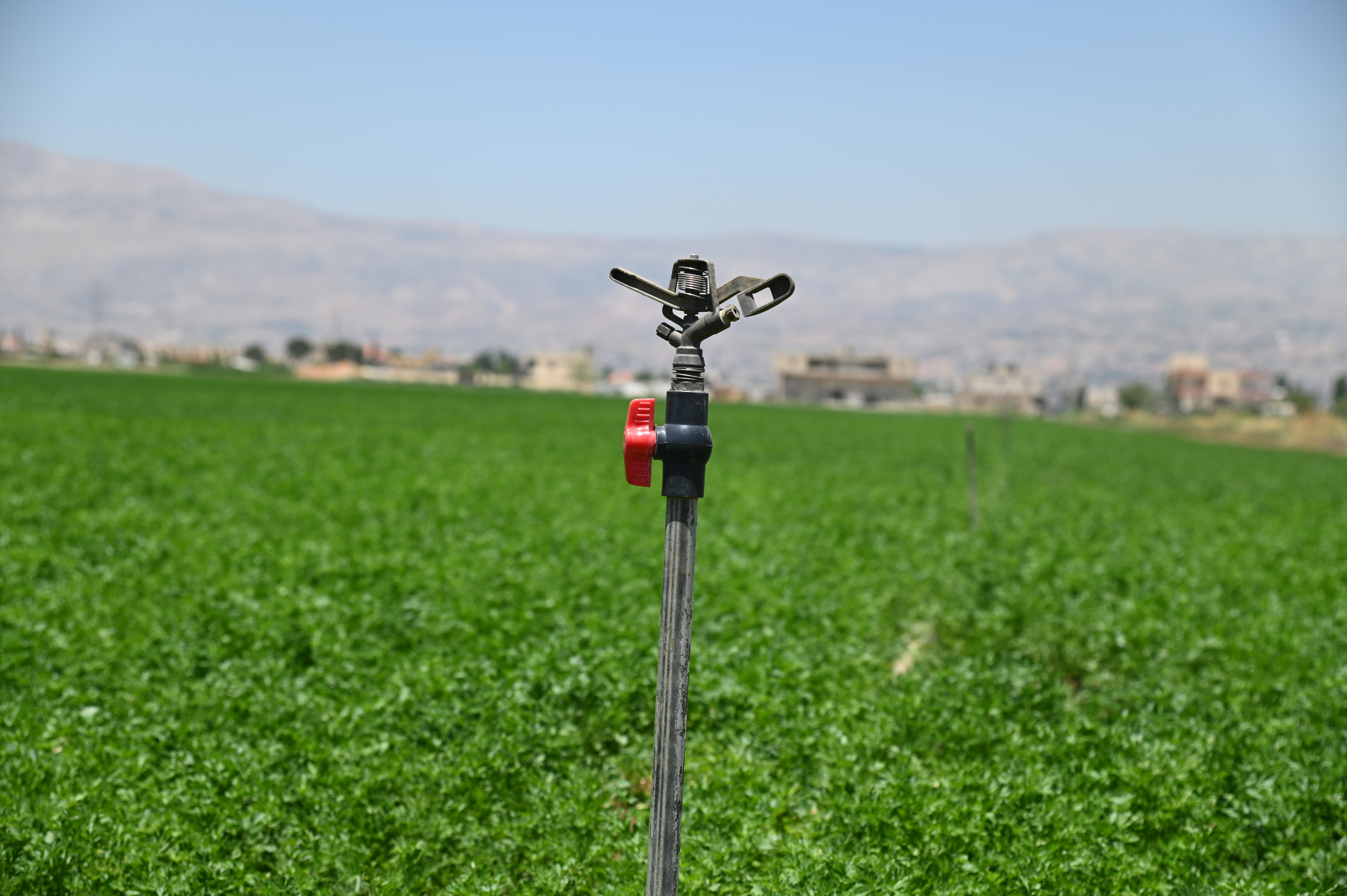
Mohammad, a Syrian refugee in the informal tented settlements in Mesa, also emphasises “I don’t live far from the water point here. The water point is used by all the people in the informal tented settlements. We are able to help each other to find means of transportation to get water. I have four kids which makes us five in the tent and recently, we were not able to meet our needs and it was getting costly. In the summer, our usage of water increases and we used to go to Bar Elias to get water but now it’s great that we have this waterway that’s near.”
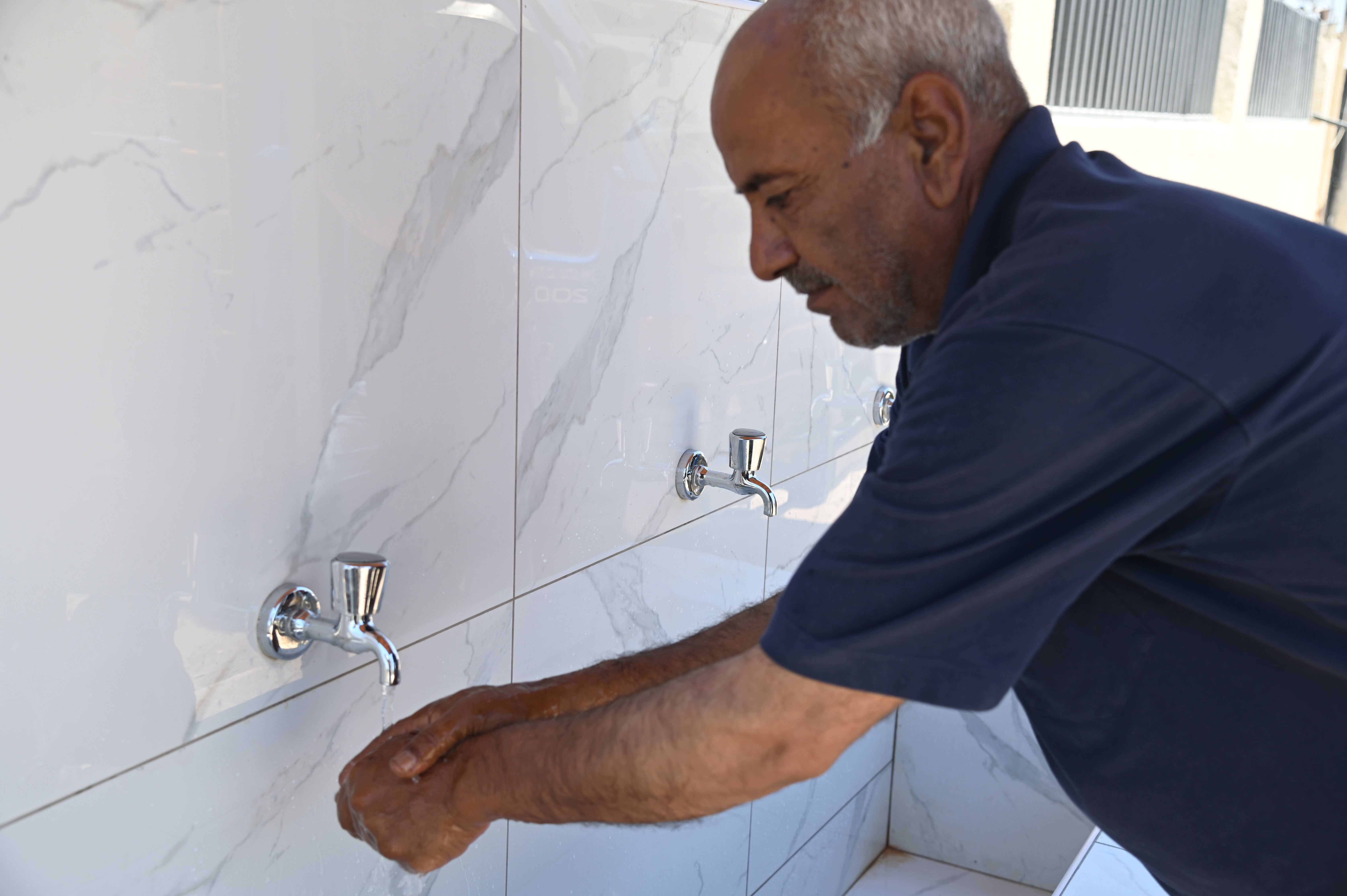
Bilal Jbara, World Vision WASH project engineer, also states “The target of the project is to make water accessible to anyone from any nationality, the water points are found on a highway and therefore the water is easy to access all day as long as there is sunlight. With the collaborative work we had with different entities, we were able to face all the different obstacles in the implementation process to make the water accessible to everyone.” Bilal adds that the maintenance of the infrastructure that connects solar panels, pumps, and pipe networks to the water point is handed over to the Bekaa Water Establishment or the municipalities, depending on who is managing the source.
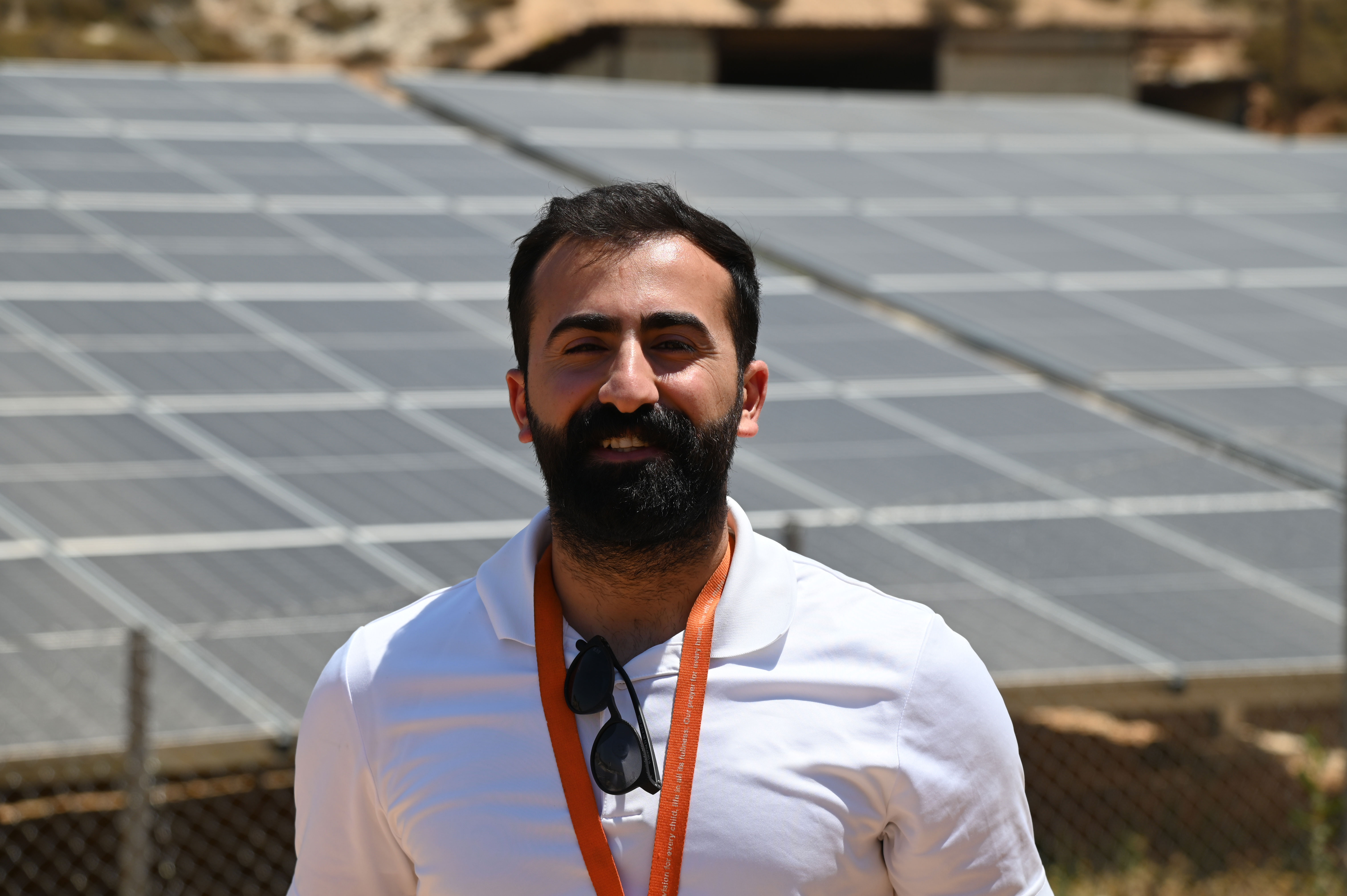
With this collaborative work, World Vision is able to give sustainable solutions to supplying around 39,000 Lebanese citizens and 11,329 Syrian Refugees with potable water with easy access and free of charge.